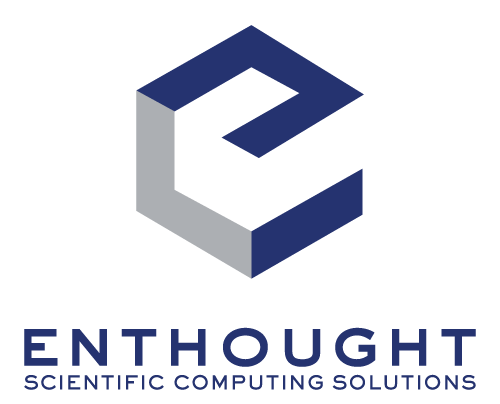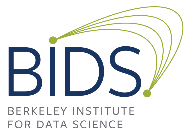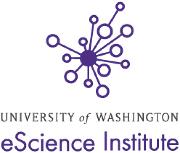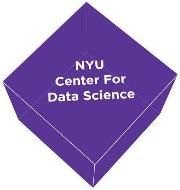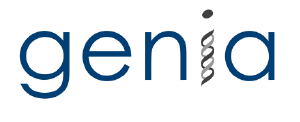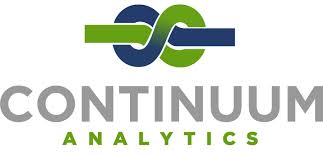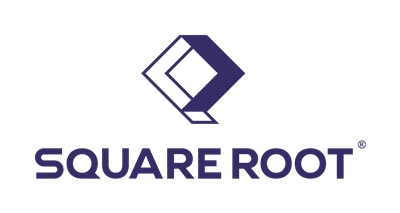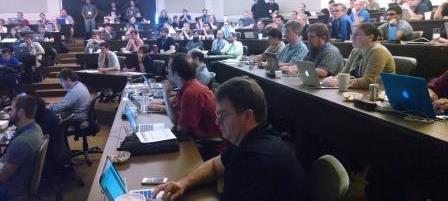SciPy 2015 Tutorials
Tutorial Schedule Posted - Register Today - Many Sessions Selling Out!
SciPy 2015, the fourteenth annual Scientific Computing with Python conference, will include its popular tutorial sessions on July 6-7, 2015 in Austin, Texas. SciPy is a community dedicated to the advancement of scientific computing through open source Python software for mathematics, science, and engineering. The annual SciPy Conference allows participants from academic, commercial, and governmental organizations to showcase their latest projects, learn from skilled users and developers, and collaborate on code development.
The SciPy Conference kicks off with two days of tutorials (July 6-7) that take place before the general conference. These sessions provide extremely affordable access to expert training, and consistently receive fantastic feedback from participants.
This year you can choose from 16 different SciPy tutorials OR select the 2 day Software Carpentry course on scientific Python that assumes some programming experience but no Python knowledge.
Don't wait to register as many sessions have sold out! Tutorial registration and selection is first come, first served and sessions have limited enrollment to ensure a great attendee experience.
Topics
Tutorials should be focused on covering a well-defined topic in a hands-on manner. We want to see attendees coding! We encourage submissions to be designed to allow at least 50% of the time for hands-on exercises even if this means the subject matter needs to be limited. Tutorials will be 4 hours in duration. In your tutorial application, you can indicate what prerequisite skills and knowledge will be needed for your tutorial, and the approximate expected level of knowledge of your students (i.e., beginner, intermediate, advanced).
For examples of content and format, you can refer to past tutorials from past SciPy tutorial sessions (SciPy2014,
SciPy2013,
SciPy2012,
SciPy2011,
SciPy2010).
We are looking for awesome techniques or packages, helping new or advanced Python programmers develop better or faster
scientific applications.
Information for Tutorial Presenters
Selection
Accepted tutorials will be announced mid-April. Final tutorial materials and instructions for attendees will be due on June 6th. This will include final version numbers of required software, detailed and tested installation instructions, and a test script that can be run by attendees to ensure that they have sufficient time to prepare their laptops before the conference. In addition, there will be per-tutorial e-mail lists created before the conference, and tutorial presenters are expected to make themselves available to help with setup instructions.
Stipend
In recognition of the effort required to plan and prepare a high quality tutorial, we give at least a $750 stipend to each instructor (or team of instructors) for each half-day session they lead. This stipend may increase to $1,000 depending on availability of funds.
Planning for Next Year's Proposal Submission?
For the submission you will need the following information:
- A short bio of the presenter or team members, containing a description of past experiences as a trainer/teacher/speaker, and (ideally) links to videos of these experiences if available.
- A list of prerequisite skills expected of attendees, so that participants can chose level appropriate tutorials.
- A description of the tutorial, suitable for posting on the SciPy website for attendees to view. It should include the target audience, the expected level of knowledge prior to the class, and the goals of the class.
- A more detailed outline of the tutorial content including the duration of each part and exercise sessions. Please include a description of how you plan to make the tutorial hands-on.
- Detailed installation instructions for various common Python environments so that attendees can have everything ready for participating before heading to SciPy.
- If available, the tutorial notes, slides, exercise files, and IPython notebooks, even if they are preliminary.

